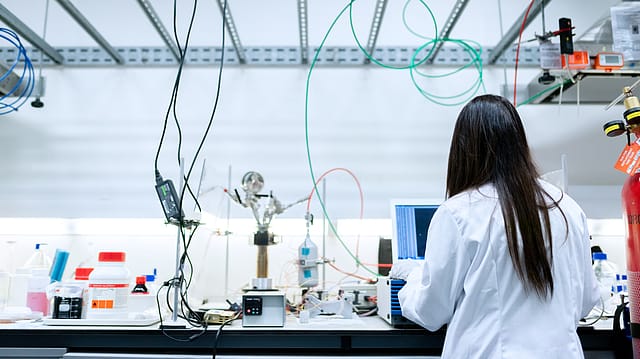SC agrees to amend order making Covid-19 tests free
ADVERTISEMENT

In a move that will likely see uninterrupted private sector engagement in testing for Covid-19, the Supreme Court has reportedly agreed to amend a previous order passed on April 8, thereby allowing the government to decide which categories of people qualified for free testing.
On April 8, the Supreme Court had passed a judgment asking for Covid-19 tests to be offered to patients free of cost, even at private sector diagnostic centres. It was feared that the April 8 order might lead the private sector to shy away from offering Covid-19 testing services since it wasn’t possible for them to offer these services for free, and in the absence of any immediate clarification on if and how they would be reimbursed for such services.
According to a report on CNBC-TV18, the apex court observed on Monday that the government was doing its best to deal with the situation and that it might consider asking the government to decide on which categories of patients could be eligible to get tested for free. This was also made possible after the Indian Council of Medical Research (ICMR) filed an affidavit in the court expressing its views in support of keeping these tests as a paid service at private sector healthcare chains. To be sure, the Supreme Court hadn’t passed any verdict at the time of writing this report, though a final order was expected later in the day.
Responding to Monday's developments in the Supreme Court, Ameera Shah, managing director, Metropolis Healthcare said that the government of India had taken a stand of allowing free tests for people covered under the Ayushman Bharat scheme and that it was a "welcome move."
The Ayushman Bharat Pradhan Mantri Jan Arogya Yojana is a scheme developed by the Indian government, which gives free health coverage coverage to economically vulnerable citizens of the country.
"We will follow the government’s directive and will continue to do the tests at the approved rates," Shah said. "While we have continued providing the best patient care through all the chaos, I am happy to see the SC and government recognize the passion and commitment with which private labs are operating and recognize the good work being done as caretakers of the health of all Indians.”
The Coronavirus pandemic has been spreading rapidly across the country. At last count, India had 9,152 confirmed Covid-19 cases and 308 deaths. The country has been in a state of lockdown since March 25; and while the lockdown was scheduled till April 15, there is every indication that it might be extended till the end of April. Prime Minister Narendra Modi is scheduled to address the nation on April 14 and an announcement towards this effect is being anticipated. Along with measures such as social isolation and a nationwide lockdown, mass-scale testing is key to assessing the extent of the pandemic’s spread in India and consequently containing it.
Since the capacity of the public healthcare infrastructure to test for potential Coronavirus cases and treat confirmed Covid-19 positive cases is limited, roping in private sector hospitals and diagnostic centres was an important part of the strategy to deal with the crisis. The ICMR took some time to put the guidelines in place to ensure high-quality testing standards, as well as working out the commercial aspects of the arrangement with the private sector. Consequently, a maximum price of ₹4,500 per test was set. According to Nilesh Shah, group president of Metropolis Healthcare, the price set by the government was enough to ensure that companies can recover the costs associated with the test, while ensuring that it isn’t misused as a money-making opportunity.
According to the ICMR, India tested 195,748 samples from 181,028 individuals as on April 12.
Allowing private sector healthcare chains to charge for Covid-19 tests is expected to encourage them to enthusiastically participate in making this service available to the citizens of the country. Kiran Mazumdar-Shaw, chairperson of biopharmaceutical company Biocon, had said earlier that carrying out Coronavirus tests for free was an unviable proposition for the private sector since business has also taken a hit during the current economic turmoil, and they needed cash flows to procure test kits and other protective equipment required for workers engaged in administering these tests. Waiting for any potential reimbursements from the government at a later date was also not practical, she said.